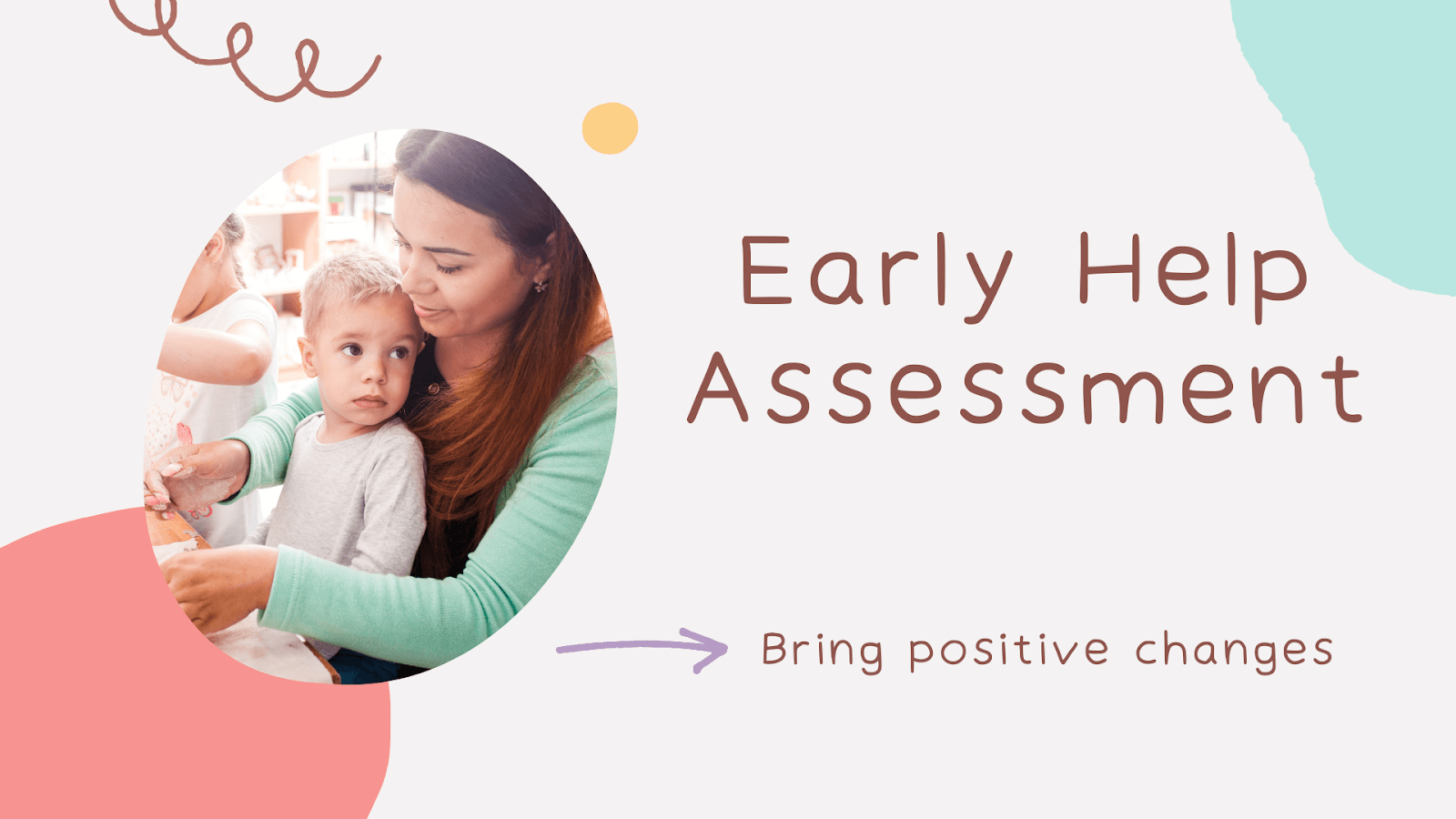Language acquisition is a transformative and rewarding journey that not only allows you to communicate in a new language but also opens doors to new cultures, opportunities, and connections. It broadens your horizons, enhances your cognitive abilities, and enables you to navigate diverse environments with ease. However, along with the excitement and enthusiasm of learning a new language, there are also various challenges that learners may encounter along the way.
Whether you are embarking on the language learning journey for personal enrichment, professional growth, or travel purposes, it is essential to approach the process with effective strategies that will help you navigate these challenges and achieve proficiency in your target language. In this article, we will delve into valuable tips, techniques, and resources to support and guide language learners on their path to overcoming obstacles and reaching success in their language acquisition journey.
Language acquisition is a multifaceted endeavor that requires dedication, patience, and perseverance. It involves developing listening, speaking, reading, and writing skills, as well as grasping the nuances of grammar, vocabulary, and cultural context. As you embark on this transformative journey, it’s important to remember that everyone learns at their own pace, and the learning process is unique to each individual.
In the sections that follow, we will explore practical tips and techniques that have proven to be effective in overcoming the challenges that language learners commonly encounter. From strategies such as immersion, consistent practice, and engagement with cultural resources to leveraging the power of language learning apps, online communities, and tutoring services, we will provide a comprehensive guide to help you navigate your language learning adventure with confidence and success.
So, let us embark on this exciting expedition together and discover the strategies that will pave the way for your linguistic growth and cultural exploration.
Embrace Immersion for Real-Life Context
One of the most effective ways to acquire a new language is through immersion, which involves surrounding yourself with the target language in real-life contexts. Here are some strategies to immerse yourself in the language:
- Language Exchange Programs: Engage in language exchange programs where you can practice your target language with native speakers. These programs provide an opportunity to have meaningful conversations and learn colloquial expressions and cultural nuances.
- Language Meetups: Attend local language meetups or conversation groups to interact with native speakers and fellow language enthusiasts. These gatherings offer a supportive environment to practice your language skills and gain confidence in real-life conversations.
- Travel and Cultural Immersion: If feasible, consider traveling to a country where your target language is spoken. Immerse yourself in the local culture, interact with native speakers, and embrace daily activities in the language. This immersive experience will greatly enhance your language acquisition skills.
Using Language Learning Apps: A Valuable Tip
In the digital age, language learning apps have revolutionized the way we acquire new languages. With the convenience of smartphones, these apps offer accessible and engaging language learning experiences.
Here are three of the most popular language learning apps widely used by language learners worldwide:
- Promova: Promova is a versatile language learning app that stands out for its comprehensive features. With live tutors available online, learners can benefit from personalized guidance and feedback, enhancing their language acquisition process. Promova offers a wide range of more than 15 languages on its platform, allowing learners to choose their target language and receive tailored instruction. Additionally, Promova’s flash-card system aids memorization and vocabulary retention, making it an effective tool for language learners at any proficiency level.
- Duolingo: Duolingo has gained immense popularity as a free language learning app that offers a gamified approach to language acquisition. Its user-friendly interface and interactive exercises make learning enjoyable and engaging. Duolingo covers a broad spectrum of languages, enabling learners to explore various linguistic paths. The app utilizes bite-sized lessons, including vocabulary, grammar, and listening exercises, to help learners develop a strong foundation in their target language.
- Rosetta Stone: Rosetta Stone is renowned for its immersive language learning method that focuses on building language proficiency through contextual understanding. The app offers interactive lessons, speech recognition technology, and language exercises designed to improve pronunciation and comprehension skills. Rosetta Stone offers an immersive learning experience similar to being in a room full of native speakers and supports numerous languages.
These language learning apps are just a few examples of the multitude of options available in the market. Each app offers unique features, catering to different learning preferences and goals. Exploring these apps and finding the one that resonates with your learning style can significantly enhance your language acquisition journey.
Consistent Practice for Skill Development
Consistency is key to language acquisition. Regular practice allows you to reinforce what you’ve learned, improve retention, and develop essential language skills. Here are some tips for consistent language practice:
- Set Realistic Goals: Establish achievable language learning goals and create a study schedule. Consistency is more important than the duration of each practice session. Even dedicating 15-30 minutes every day can lead to significant progress over time.
- Integrate Language into Daily Life: Find opportunities to incorporate the target language into your daily routine. Label objects in your home with their corresponding words in the target language, listen to podcasts or music in the language, or change the language settings on your devices to immerse yourself further.
Engage with Cultural Resources
Language and culture are intertwined, and understanding the cultural context is crucial for language learners. Here’s how you can engage with cultural resources:
- Read Books and Literature: Explore literature, novels, and poems in the target language. Reading exposes you to new vocabulary, sentence structures, and cultural references, providing a deeper understanding of the language and its cultural context.
- Watch Movies and TV Shows: Watch movies, TV shows, and documentaries in the target language to improve your listening skills and familiarize yourself with different accents and dialects. Subtitles can be helpful initially, but challenge yourself to watch without them as your proficiency grows.
- Listen to Podcasts and Music: Tune into podcasts and music in the target language to improve your listening comprehension and expose yourself to native speakers’ natural pace and intonation. Look for podcasts or songs that align with your interests, as this will make the learning experience more enjoyable.
Seek Language Learning Communities and Tutors
Engaging with language learning communities and seeking guidance from experienced tutors can greatly enhance your language acquisition journey. Here’s how you can benefit from these resources:
- Online Language Learning Communities: Join online forums, social media groups, or language learning platforms where you can connect with fellow language learners. These communities provide a supportive environment to ask questions, share resources, and practice your language skills through written and spoken interactions.
- Language Exchange Partners: Find a language exchange partner who is a native speaker of your target language and is learning your native language. Language exchange partners can offer valuable insights, correct your pronunciation, and provide opportunities for authentic conversation practice.
- Online Tutors and Language Learning Platforms: Utilize online platforms like Promova, italki, or Verbling, which connect learners with experienced tutors for personalized language instruction. These platforms offer one-on-one lessons, allowing you to focus on your specific needs, whether it’s improving pronunciation, grammar, or conversational skills.
Utilize Memory Techniques and Learning Tools
Memorizing vocabulary and retaining new information can be challenging. However, incorporating memory techniques and learning tools can make the process more efficient. Consider the following strategies:
- Flashcards and Spaced Repetition: Use flashcards, either physical or digital, to practice vocabulary and review key language concepts. Spaced repetition systems, such as Anki or Memrise, optimize learning by presenting flashcards at increasing intervals, ensuring efficient retention.
- Mnemonics and Visualization: Create associations or vivid mental images to connect new words or phrases with concepts or objects you already know. Mnemonic techniques help you recall information by linking it to memorable cues, making vocabulary acquisition more engaging and effective.
- Language Learning Software: Explore language learning software programs like Rosetta Stone, Pimsleur, or Babbel, which offer structured language courses with interactive exercises, audio recordings, and pronunciation practice. These tools provide a systematic approach to language learning, covering various aspects of language acquisition.
Embrace Mistakes and Learn from Them
Language learning is a journey of trial and error, and embracing mistakes is an essential part of the process. Here’s how you can turn mistakes into valuable learning opportunities:
- Don’t Fear Speaking: Overcome the fear of making mistakes and start speaking the language with confidence. Native speakers appreciate the effort and are generally supportive. Mistakes provide insights into areas that need improvement and help you refine your language skills.
- Learn from Feedback: Seek feedback from native speakers, tutors, or language exchange partners. Constructive criticism and corrections can help you identify recurring mistakes and address them effectively.
- Keep a Language Journal: Maintain a language journal to document new vocabulary, grammar rules, and expressions you encounter. Reflect on your mistakes, note down the corrections, and revisit them regularly to reinforce your learning.
Conclusion
Overcoming challenges in language acquisition requires dedication, consistency, and effective strategies. Embracing immersion, consistent practice, cultural engagement, and leveraging resources like language learning apps, online communities, and tutors will accelerate your progress and boost your language skills. Remember to set realistic goals, celebrate milestones along the way, and embrace the beauty of the language learning journey. With determination and perseverance, you’ll navigate through obstacles, gain fluency, and unlock a world of new possibilities through language proficiency.







 June 15, 2023
June 15, 2023






